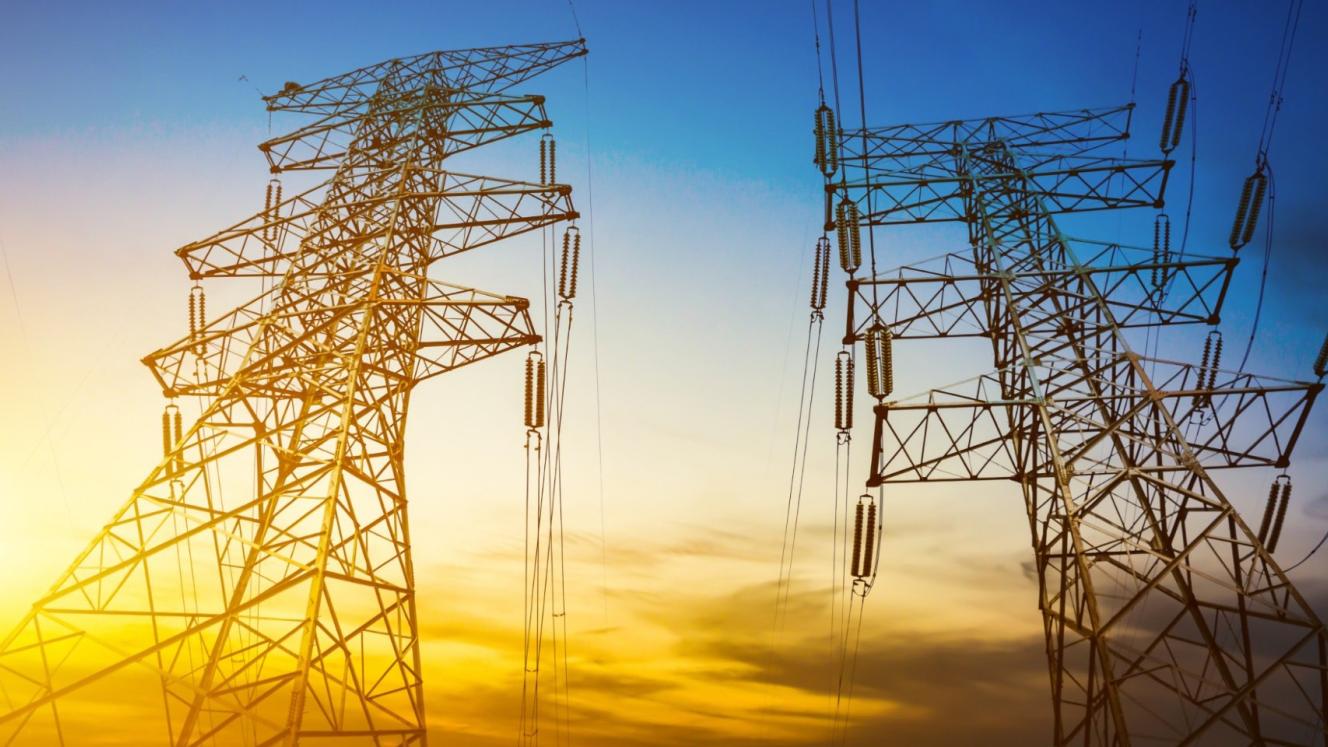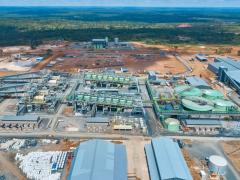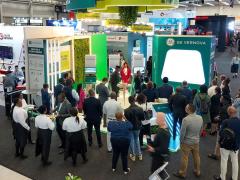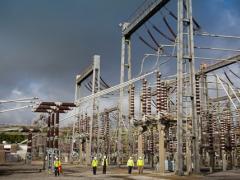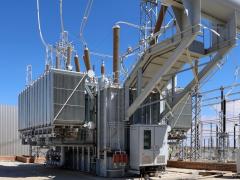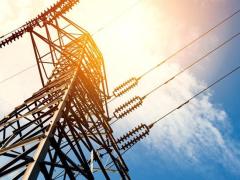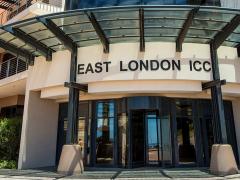Eskom’s recent announcement extending zero registration fees for small-scale embedded generation systems until March 2026 looks promising at first glance but beneath the surface lies a web of bureaucratic and logistical problems that seriously undermine its intended benefits, says Rein Snoeck Henkemans, CEO of Alumo Energy.
We welcome the idea of not charging households to register their solar systems for the next 12 months but difficulties with registration processes are preventing many consumers from becoming compliant. This campaign is ultimately insufficient to address the real barriers slowing South Africa’s shift to renewable energy.
Municipal inefficiencies are a glaring obstacle. Tshwane, for instance, has an infamous backlog dating back to 2022, leaving home owners stranded without approval for months – or even years. Despite numerous submissions by solar providers on behalf of clients, confirmed registrations remain elusive. Cape Town’s online system is slightly better but still faces frequent delays and glitches. Elsewhere, municipalities offer little to no digital registration options, making the entire process confusing and unreliable.
The reality is that many municipalities are not adequately equipped to handle and process applications. If the rules mandate registration, there must be a system that’s capable of efficiently handling those applications. Yet, in Tshwane, the typical processing time is from six to 12 months and, despite making multiple submissions on our clients’ behalf, we haven’t seen a single confirmed, approved registration there.
Overall, it’s a system that doesn’t inspire confidence. If you’re already investing in solar equipment, you shouldn’t have to gamble on whether a municipal office can process your paperwork in a timely manner or not.
Engineers and the risk of excessive fees
Another significant roadblock is Eskom’s insistence on professional engineers signing off every residential solar installation, as recommended by National Energy Regulator of South Africa guidelines. While safety is paramount, requiring scarce, costly professional engineers for routine home installations is excessive. South Africa’s limited pool of professional engineers already commands high fees, creating a financial and logistical barrier for average households.
Co-ordinating a handful of these engineers to visit multiple households is logistically unworkable, and risks creating even worse backlogs and obstructions. Additionally, their expertise is in high demand and that’s reflected in the fees they can charge. An average consumer might easily be forced to pay thousands of rands just to secure the required sign-off.
Qualified electricians, already trusted to issue electrical certificates of compliance (CoCs), are perfectly capable of certifying standard residential solar installations. Allowing them to sign off installations would significantly simplify and speed up the compliance process without compromising safety.
We aren’t dismissing safety concerns but requiring a professional engineer’s signature for every residential solar setup is overkill. Professional electricians with the necessary credentials have the training to verify safe, correct installation. If they can issue a CoC for a home’s internal wiring, the same principle should apply to a standard PV system.
Lingering confusion about cost structures, meters and tariffs
Adding to the confusion, Eskom’s promise of free smart meters lacks clarity on whether these meters will measure consumption and energy exports back to the grid. Installing one-way meters means consumers potentially miss out on tariff credits for surplus energy, further undermining Eskom’s stated incentives. Moreover, the touted savings from fee exemptions only materialise long after installation, providing little immediate financial incentive. The Homeflex tariff compounds the confusion, charging compliant and non-compliant customers the same fixed monthly fee, further eroding incentives to register.
The way it’s presented suggests immediate financial benefits for households installing solar but these charges have not applied to most households yet so this does not offer a genuine economic advantage. Plus, if households who follow the rules face no tangible reduction in their monthly bills, they may not feel motivated to make the switch – and that’s before you factor in the hurdles created by engineering requirements and slow municipal and Eskom approvals.
Transparency, simplified processes and practical compliance measures are urgently needed. Eskom’s current approach inadvertently places more red tape around solar adoption, contradicting its renewable energy ambitions.
From a safety perspective, we believe in the importance of compliance, and we agree that solar systems need to be registered, installed in a compliant manner and signed off by reputable professionals with the proper qualifications.
However, we need systems and processes that are efficient, clear and cost-effective for households seeking energy independence. If we’re going to achieve South Africa’s renewable energy targets, we should be encouraging solar growth – not burying it under red tape.

